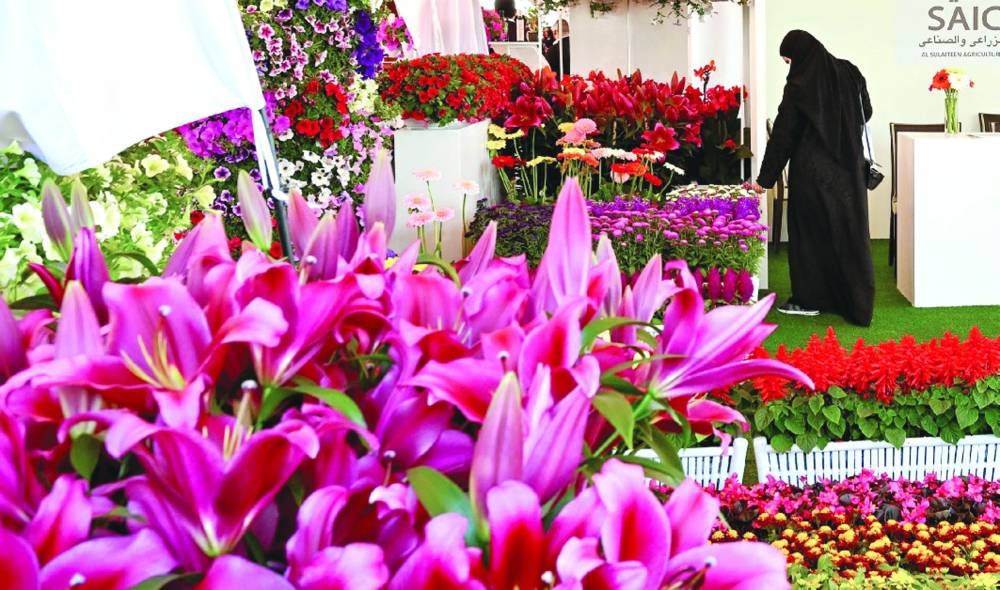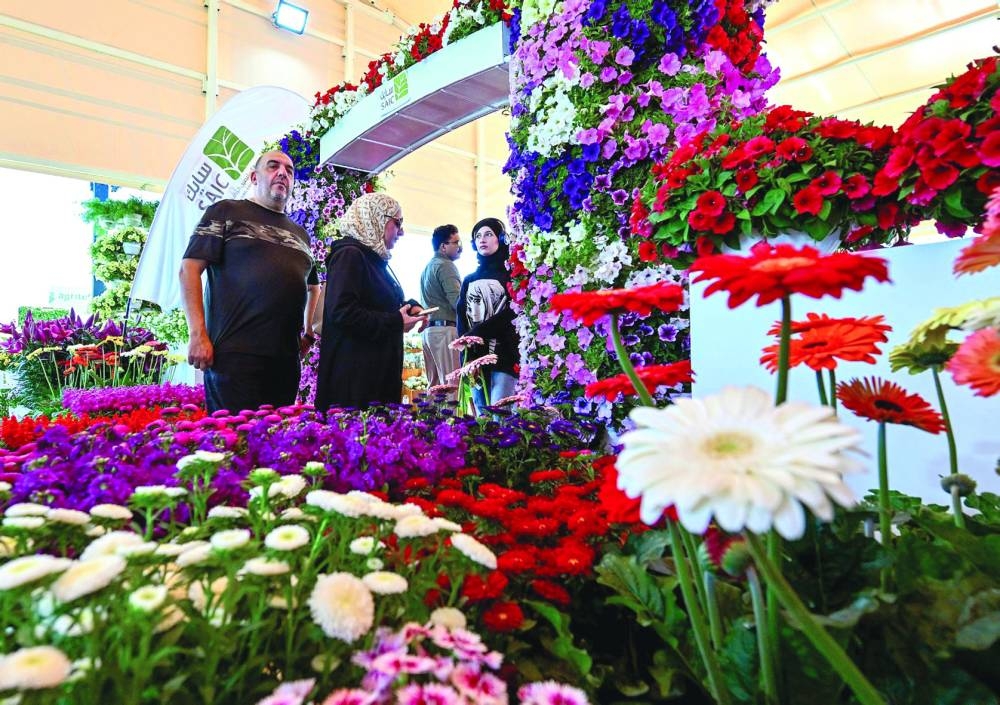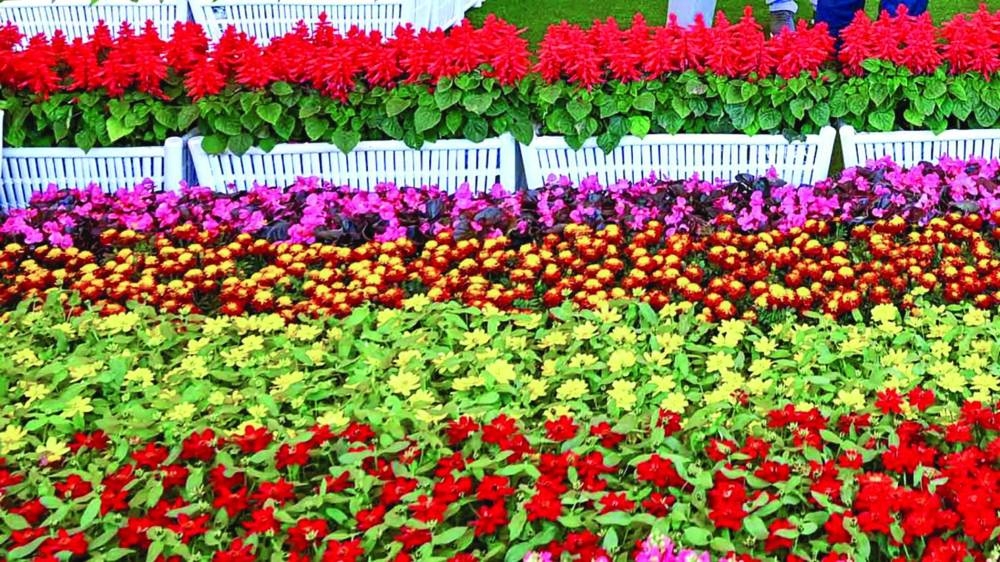A number of local farms across the country have established nursery sections for flower and plant production to generate additional income sources that also contribute to sustainability efforts.
However, a number of officials of the farms have noted that balancing flower production with food security is one of the key challenges facing the expansion of flower cultivation in Qatar.
Speaking to local Arabic daily Arrayah, they noted that the Ministry of Municipality consistently strives to organise specialised flower exhibitions, whether independently or in collaboration with other entities in the country.
These exhibitions are aimed at creating marketing platforms for locally grown agricultural products related to flowers and plants, supporting local farm owners in establishing national agricultural projects.
Nagor Miran, head of a nursery section at a local farm, said that the farm was designed using a modern scientific approach, incorporating various agricultural activities and irrigation systems aimed at optimising water usage.
He said that the farm employs advanced techniques for producing vegetables, flowers, and sheep breeding, all tailored to suit the Gulf region.
The farm, Miran said, is divided into plots suitable for different agricultural activities, interconnected by internal road networks.
He added that water for irrigation is supplied through a desalination plant with a production capacity of 1,000 cu m per day, which can be increased as the farm expands.
Miran said that since 2002, the company has focused on producing seasonal flowers in modern greenhouses and shaded net houses covering a total area of four hectares, and that production has increased annually since the project’s inception, now reaching over 8mn plants per year.
He added that the farm cultivates summer and winter seasonal flowers, producing more than 55 different varieties.
In addition to seasonal flowers, they also grow potted flowering plants, hanging baskets, and some types of cut flowers.
Agricultural engineer Ali Tamraz said that flowers produced in Qatar fall into two categories: seasonal flowers and sustainable flowers.
Seasonal flowers grown in winter include marigold, cockscomb, and petunia, while Vinca flowers are cultivated in summer.
He noted that the people in Qatar have a great appreciation for flowers, whether in public or private spaces.
Aside from these varieties, he highlighted the existence of other sustainable plants, such as the "Damask rose" or local rose, which comes in two types: rose seedlings and cut flowers.
Tamraz stressed that flower production requires large areas of land, as flowers are grown horizontally rather than vertically, unlike vegetables.
It also requires well-equipped infrastructure, air-conditioned greenhouses, and mechanised planting since manual cultivation of large quantities is difficult, leading to higher production costs.
He added that expanding horticulture in general, including vegetables, fruits, and flowers, contributes to increasing local farms' income.
Khaled Tabbaa, an official at a horticulture company, said that the company’s nursery is considered one of the largest in Qatar, covering an area of 4,000sq m.
The nursery produces a variety of indoor and outdoor plants, as well as fruit-bearing trees.
He said that there is usually high demand for flowers in winter, starting from late September until the end of April.
Tabbaa noted that the main reasons for flower or plant death are overwatering or too little watering.
Excessive water, he said, causes roots to rot, while insufficient water leads to plant dehydration.
Tabbaa advised flower enthusiasts to avoid placing plants directly in front of air conditioning units or under direct sunlight.
He also recommended covering outdoor plants during the extremely hot months of June, July, and August.



